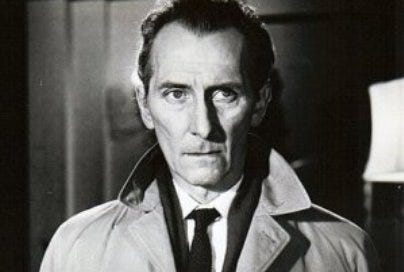There are few characters more idealised and whom speak wtih a thicker acent when he first appears than Abraham Van Helsing. What is so interesting about this incredible mentor is that he is elderly, and hardly a warrior, he also never really holds a conversation with Dracula like what he does in the movie from 1931.
Scorning modernity, in particular that…



